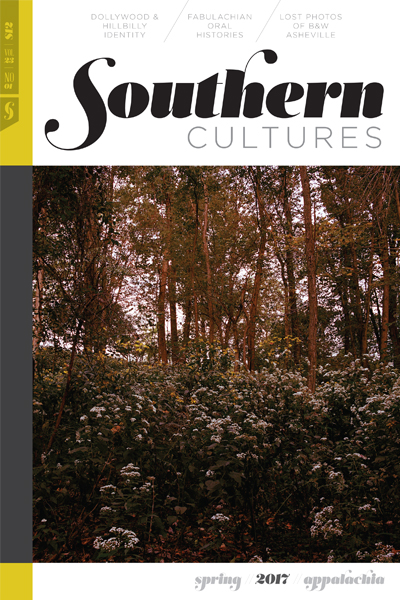“Appalachia is still itself, even as it changes, even as so many of us have gotten it wrong.”
As far back as colonial days, all the experts agreed that the Mountain South was different, even when they couldn’t explain how or why. Observers often blamed degenerate settlers. Royal governor Alexander Spotswood claimed that Virginia’s mountaineers wanted “all the necessarys of life with little labor” and sneered that “it is fully well known what morals such people bring with them hither.” Two centuries later, sociologist Rupert Vance chose his words more carefully but still endorsed the conventional wisdom that Appalachia was unique. In traveling from Grandfather Mountain to the Mississippi, he declared in 1932, “It needs but a customs barrier and a varying language to mark the limit of two cultures.” Unlike Spotswood, the social scientist denied that mountain people were inherently backward. Instead, Vance diagnosed Appalachia as an “outstanding study in isolation,” and a “retarded frontier,” where self-sufficient farm families still consumed more of their crops than they sold. As a result, he claimed, poverty reigned and “the cash income per farm is as low as anywhere in the United States.”


